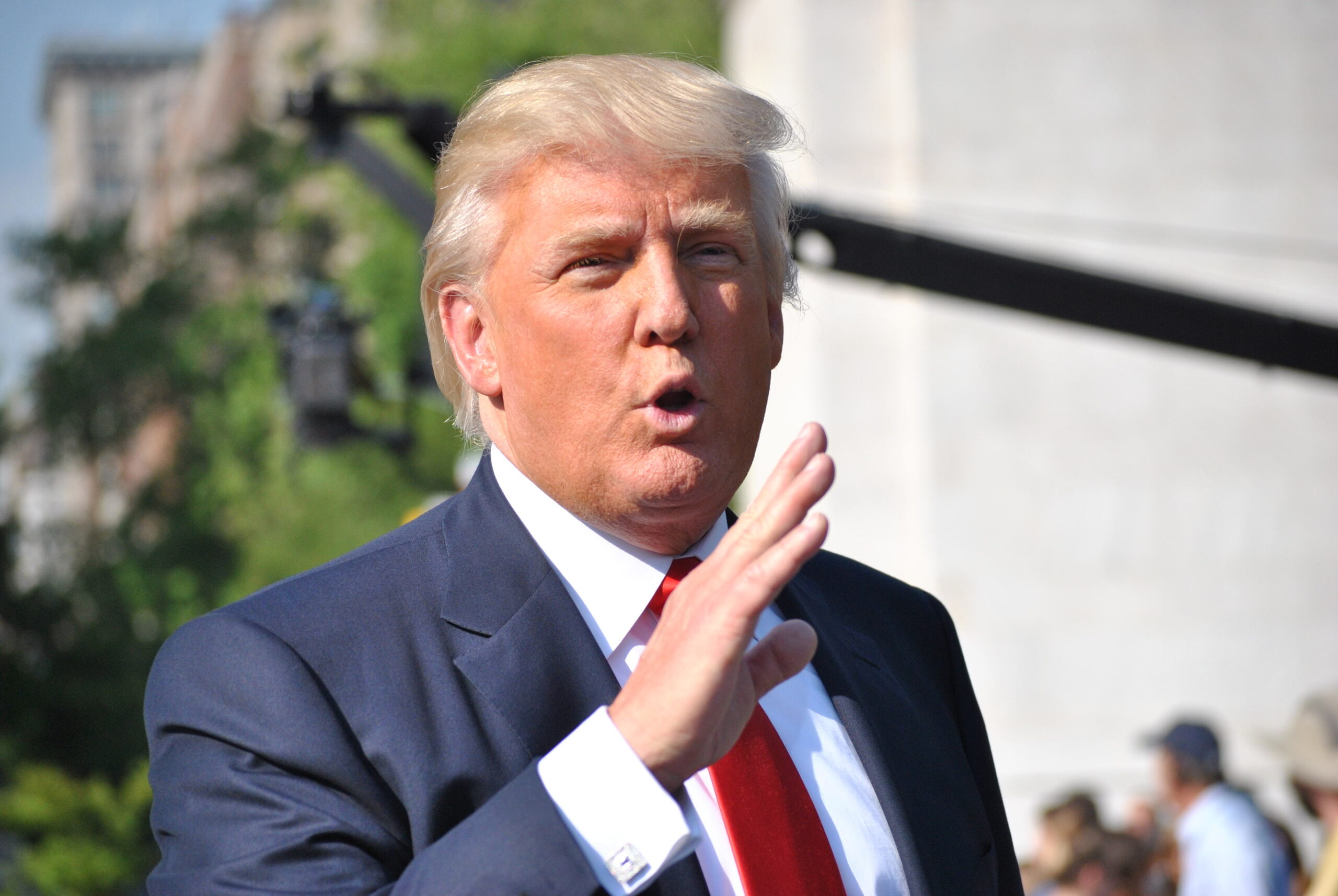BALTIMORE, MD — Maryland Attorney General Anthony G. Brown has joined a coalition of 23 attorneys general in opposing former President Donald Trump’s executive order freezing billions of dollars in foreign aid funds allocated by Congress. The group filed an amicus brief in Global Health Council, et al. v. Trump, urging the U.S. Court of Appeals for the D.C. Circuit to reject what they describe as an unlawful assertion of executive authority.
The attorneys general argue that the Trump administration exceeded its constitutional authority when it ordered members of the Executive Branch to withhold funds already appropriated by Congress to the United States Agency for International Development (USAID) and the State Department. These funds were designated for public health, humanitarian aid, agricultural research, and other foreign assistance programs.
Attorney General Brown emphasized the impact of the freeze on Maryland. “The Trump administration did not follow the proper process when it froze billions of dollars in foreign aid that Congress approved,” Brown said. “This unlawful withholding of funds hurts Maryland organizations that serve immigrants and refugees and has cost hundreds of Marylanders their jobs.”
In January, Trump issued the executive order directing the freeze of USAID and State Department funding. Nonprofit organizations challenged the order in federal court. The district court granted a preliminary injunction, ordering the administration to make the full appropriated funds available for obligation.
Coalition challenges executive overreach
The amicus brief filed by the attorneys general supports the district court’s decision and asks the appellate court to uphold the injunction. The coalition argues that the Constitution grants Congress, not the President, the authority to appropriate funds. They contend that the executive order improperly bypassed this constitutional separation of powers.
The brief also details the economic impact on the states. The attorneys general assert that the freeze halted billions in funding that supported universities, nonprofits, farmers, and small businesses across the country. In Maryland specifically, millions of dollars allocated to local universities and nonprofits were jeopardized, affecting employment and vital services.
The case remains pending before the U.S. Court of Appeals for the D.C. Circuit. A ruling will determine whether the Trump administration’s executive order will stand or be permanently blocked.
The high-stakes legal battle highlights ongoing disputes over the limits of executive authority and congressional power over federal spending.
